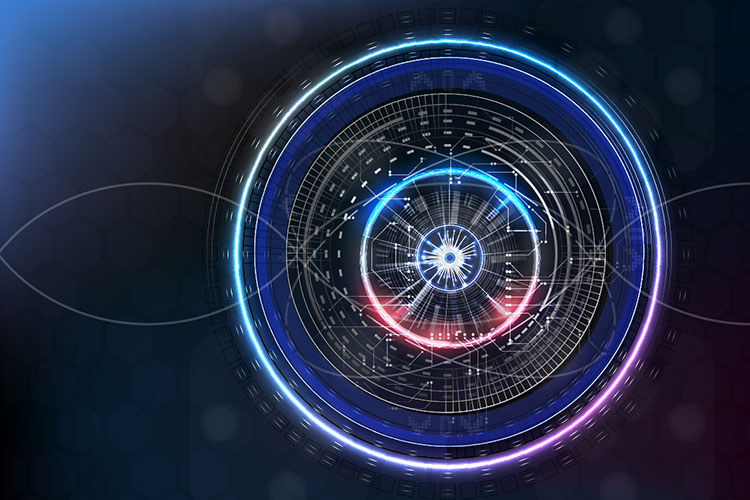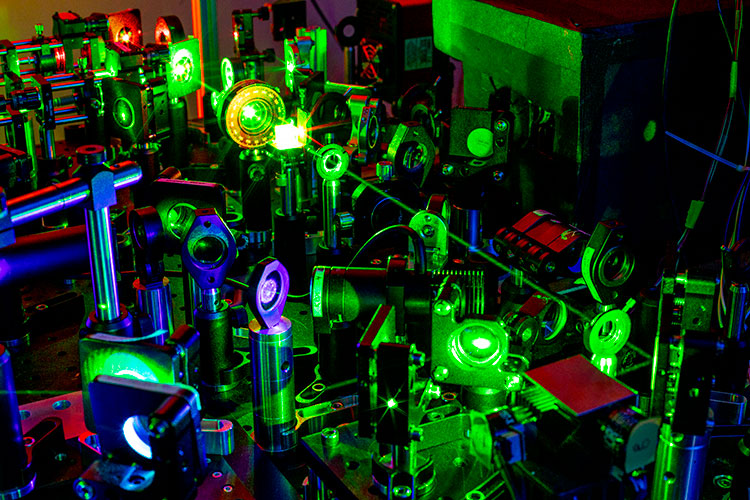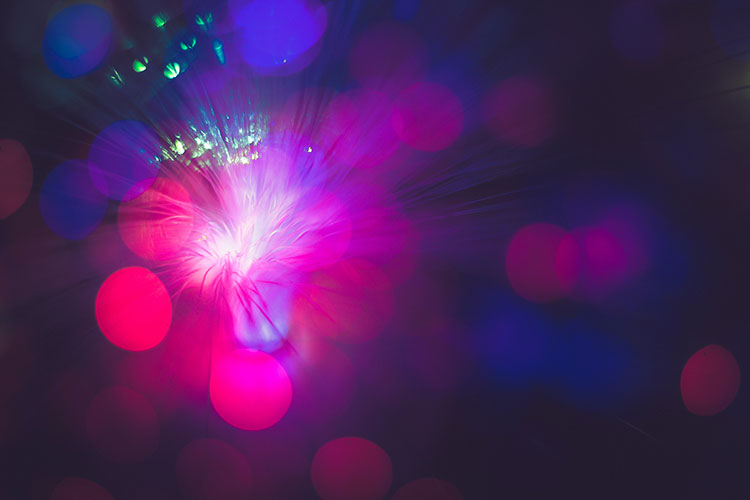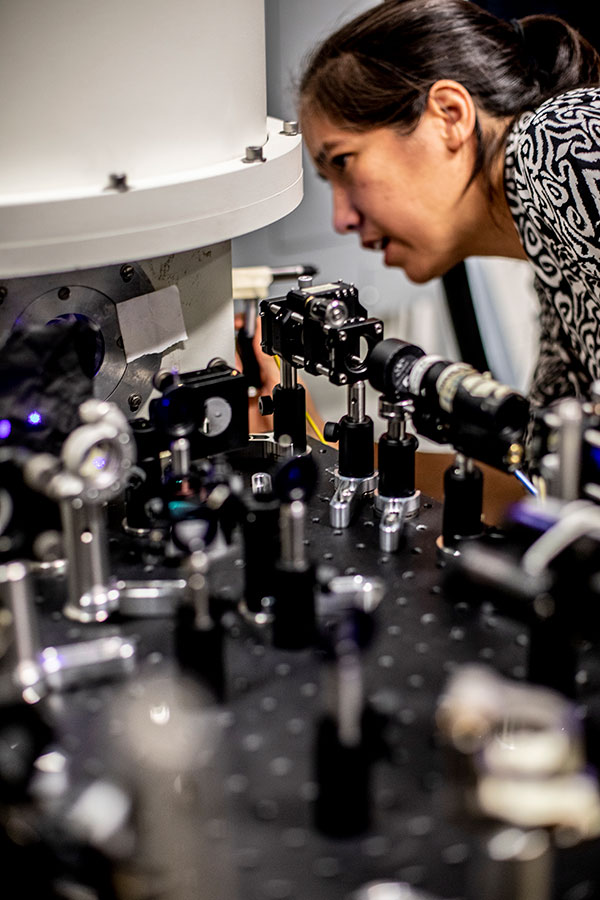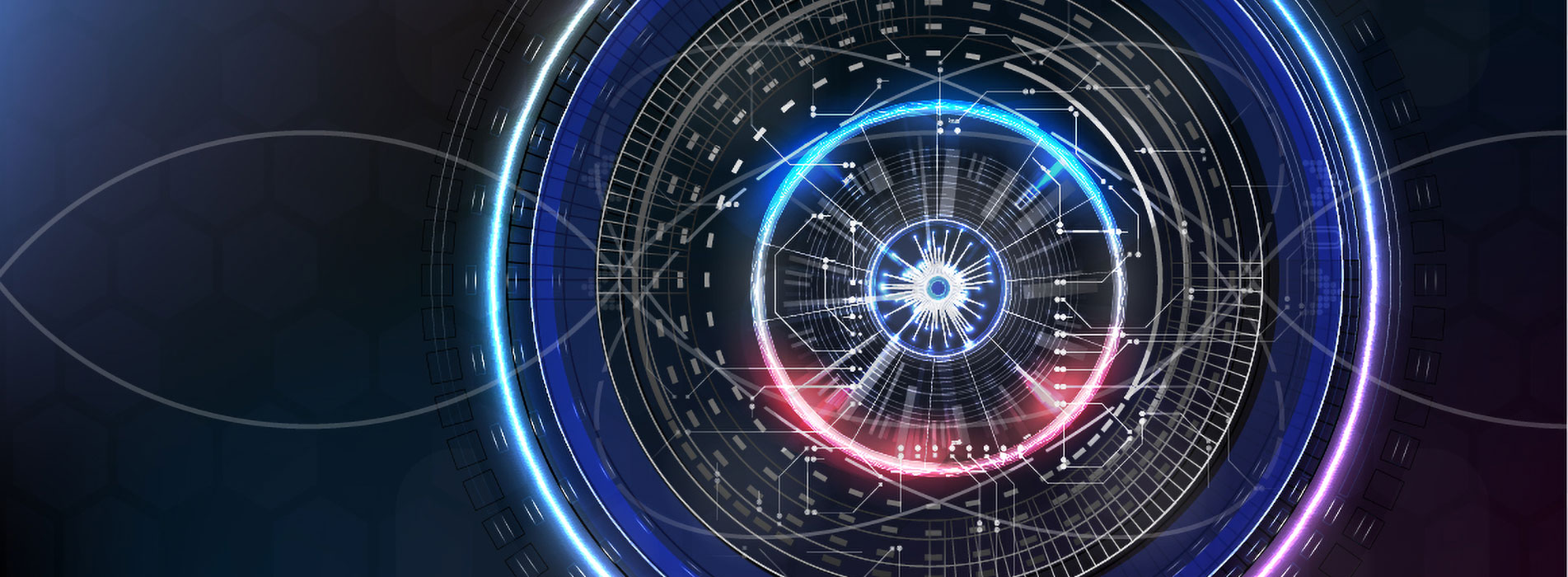
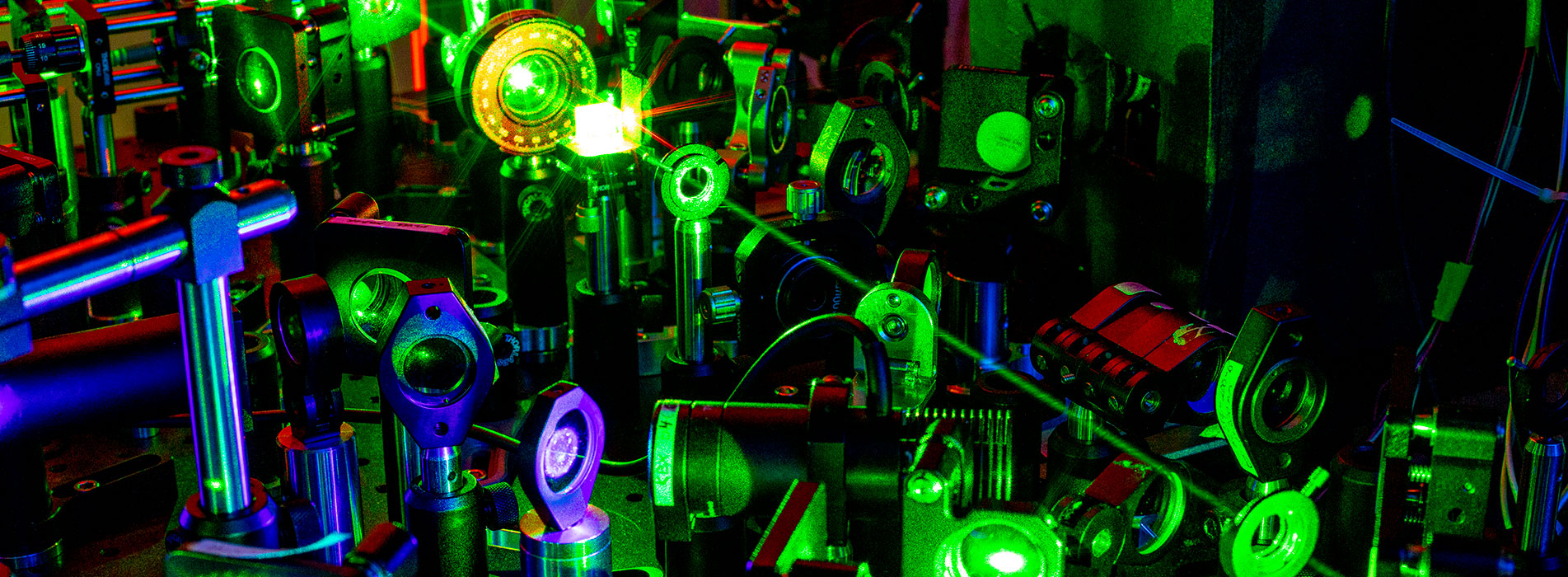
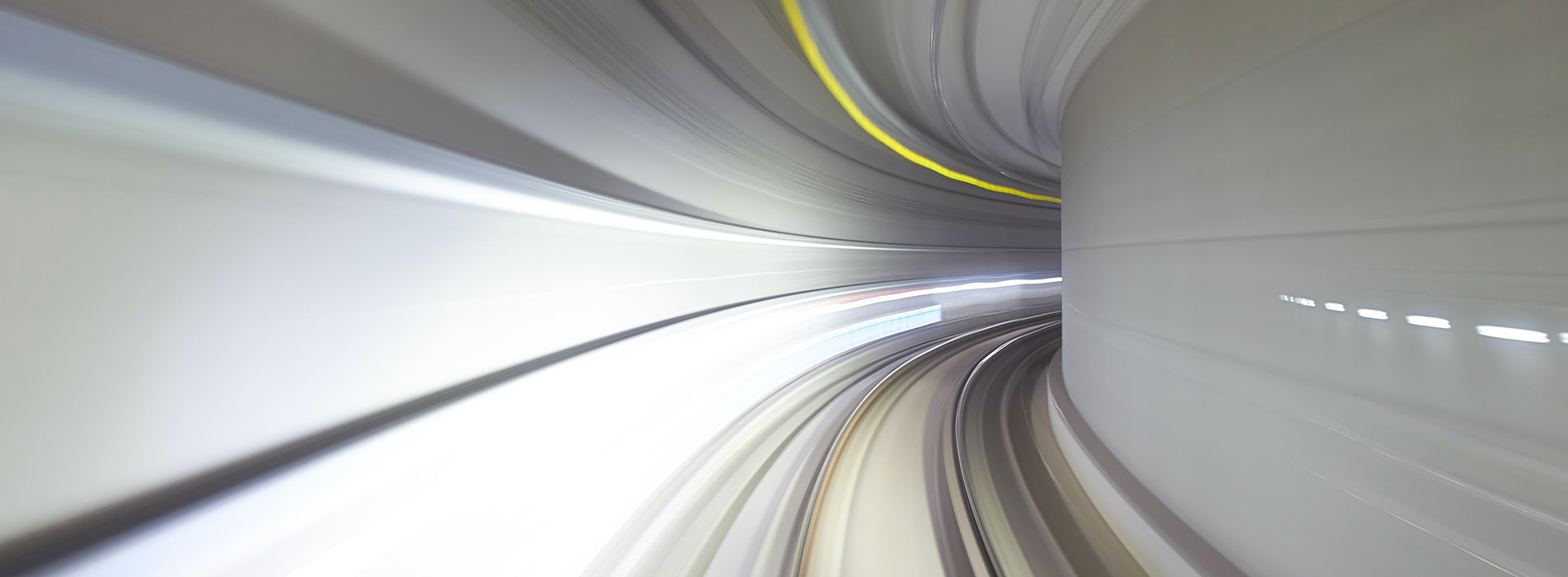
Recent quantum research news
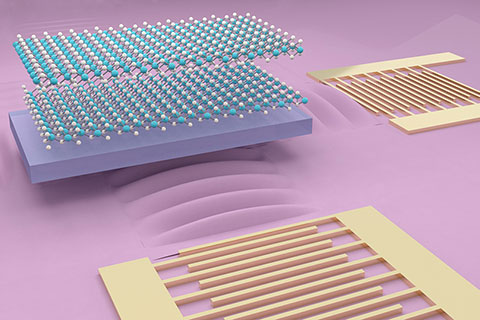
UW team uses sound waves to move ‘excitons’
A UW research team led by Mo Li, a professor of physics and of electrical and computer engineering, has developed a method of using soundwaves to move subatomic quasiparticles known as “excitons” a greater distance than ever before possible. The team’s innovations lead the way to development of a new type of computing circuit that is faster and more energy efficient, using light and quantum phenomena to store, process and transmit information.
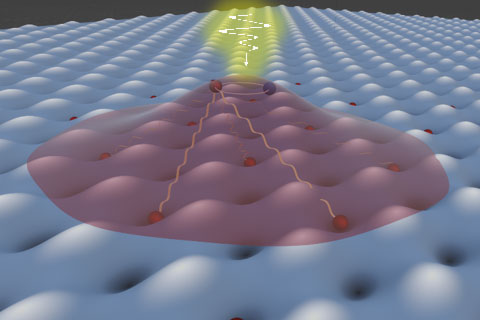
Lasers trigger magnetism in atomically thin quantum materials
UW researchers have discovered that light in the form of a laser can trigger a form of magnetism in a normally nonmagnetic material. This magnetism centers on the behavior of electrons. These subatomic particles have an electronic property called “spin,” which has potential applications in quantum computing. The research team — which includes Xiaodong Xu and Di Xiao, both professors of physics and of materials science and engineering — found that electrons within the material became oriented in the same direction when illuminated by photons from a laser.
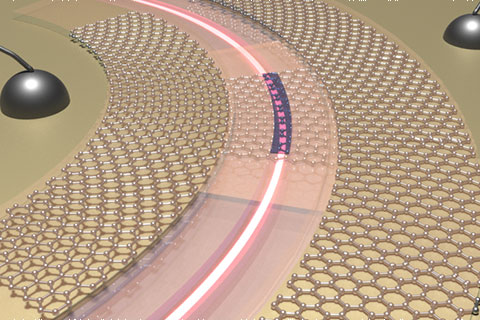
New energy-efficient switches could help advance quantum computing
A research team led by Arka Majumdar, an associate professor of physics and of electrical and computer engineering, and electrical and computer engineering doctoral student Zhuoran (Roger) Fang, has designed an energy-efficient switch that manipulates light — paving the way for advancements in quantum computing and data centers, which consume large amounts of energy.
